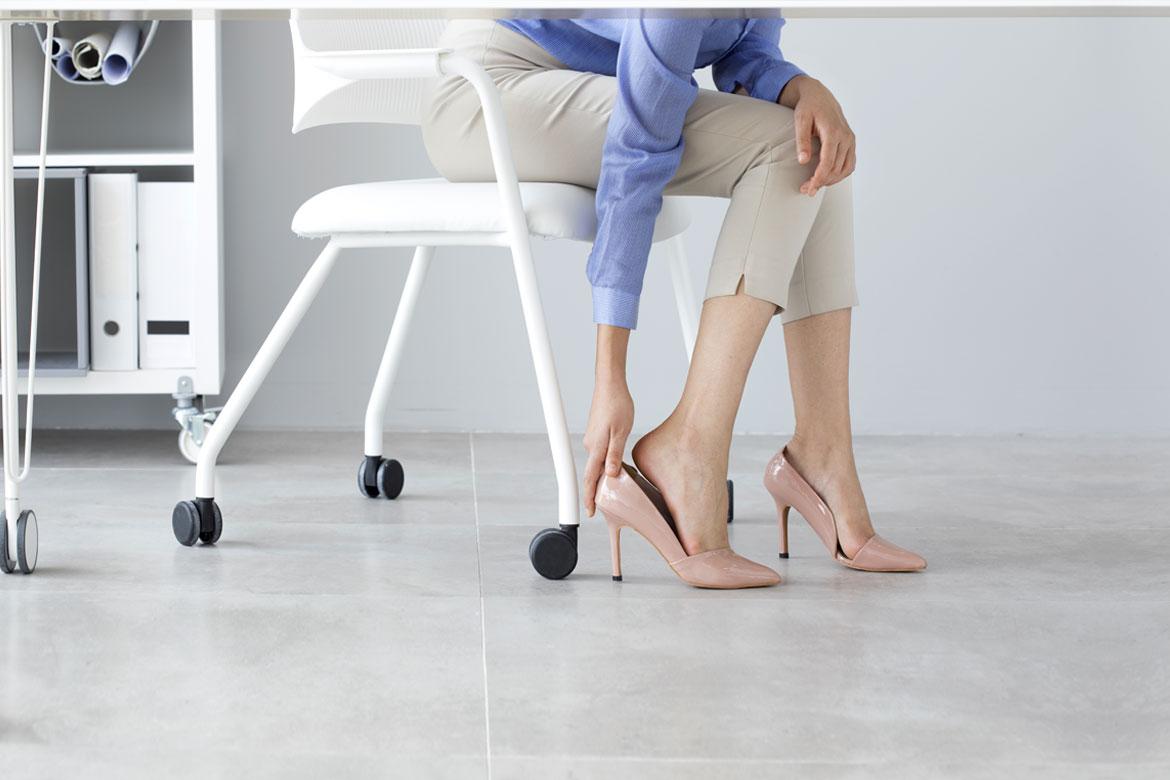
Achilles Tendonitis
How is Achilles tendonitis diagnosed?
Your doctor will conduct a physical examination to check for symptoms such as swelling, pain on the back of the heel and limited range of ankle movement.
Diagnostic tests
Your doctor may also recommend one of these diagnostic tests to determine the extent of the damage and decide on appropriate treatments:
- Magnetic resonance imaging (MRI) produces detailed, cross-sectional images of the organs and tissues within the body and will reveal any tissue degeneration or rupture.
- Ultrasound scans can reveal inflammation or damage in the soft tissues, muscles, blood vessels, tendons, and joints. An ultrasound scan is one way to detect injuries to your Achilles tendon.
- X-rays are usually not needed to diagnose Achilles tendonitis. It may be requested to rule out bone-related causes of pain such as bone spurs on the heel or stress fractures.
How is Achilles tendonitis treated?
Your doctor will recommend appropriate treatments for Achilles tendonitis based on the causes, symptoms and extent of the injuries. These treatments should help to reduce your heel pain and repair your tendons.
Non-surgical treatments may include:
- Heat pads to relax muscles and increase blood flow
- Ice packs to minimise swelling
- Non-steroidal anti-inflammatory drugs to reduce pain
- Physiotherapy to increase strength and regain mobility
- Rest to treat the swelling
- Steroid injections to treat the swelling
- Stretching to loosen the calf muscle
Surgery is usually offered as an option only if:
- You experience repeated injuries and persistent pain
- The tendon ruptures or tears
- There are loose ligaments
If you experience pain in your heels or ankles, it could worsen if left untreated. Speak to our orthopaedic specialists for an accurate diagnosis to find the most appropriate treatment for you.
This coverage checker is brought to you by Health Insured, an online resource that helps you understand your health coverage in Singapore.
This page has been reviewed by our medical content reviewers.
Need help?
For enquiries, please call
+65 6250 0000 (Orchard) or +65 6898 6898 (Novena)
For appointment bookings, please WhatsApp
+65 8111 7777 (Orchard) or +65 8111 5777 (Novena)
 Brain & Spine Care
Brain & Spine Care



